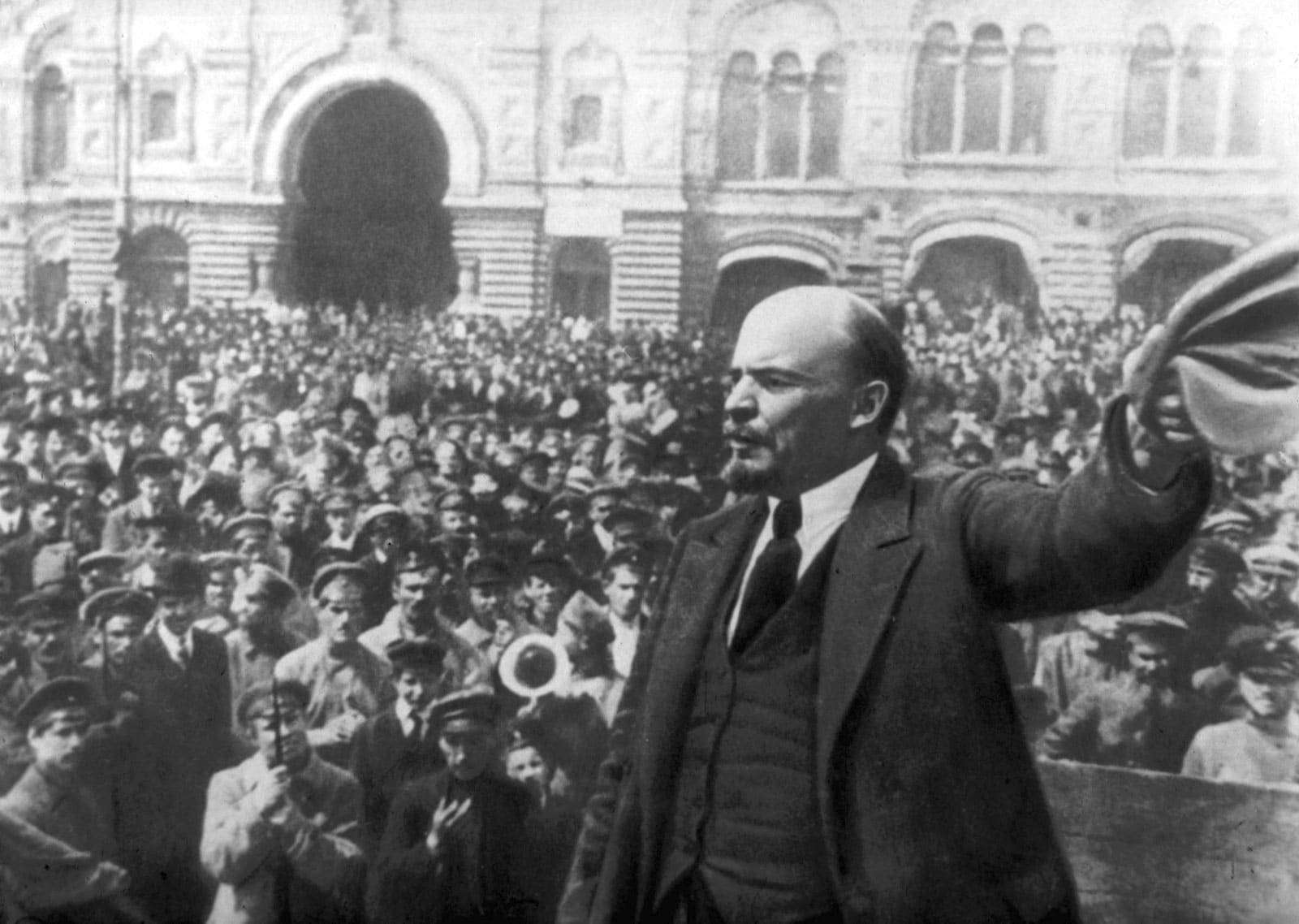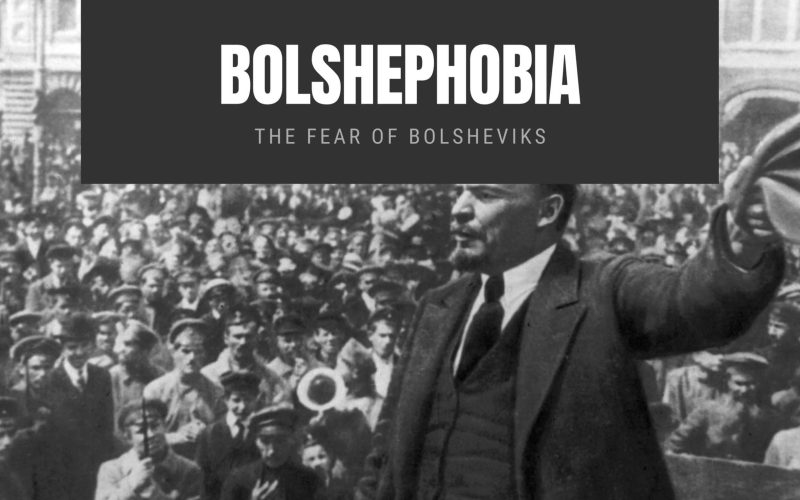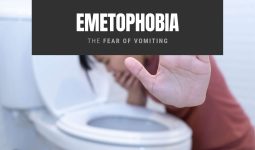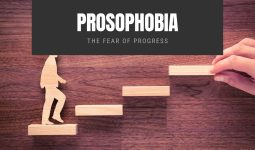Bolshephobia is an irrational fear of the Bolsheviks. Bolsheviks are a group of people who make up a majority faction of the Russian Social Democratic Party, renamed the communist party.
Bolshephobia is a disorder that is triggered by the thought of a Bolshevik or the sight of them. Usually, someone who has this mental disorder will be overly concerned with things related to the Bolsheviks.
It usually gets to a point where their fears can transcend into intense bouts of anxiety, which could also lead to panic attacks from their Bolshephobia.
However, this might not be the case in all situations, as the results typically vary from patient to patient.
Someone who suffers from this disorder would conclude that all Bolsheviks are the same and that they are out to get them, so they take all measures to ensure that they do not cross paths with a Bolshevik.
For example, such a person will not want to visit Russia due to his disorder, and one can see such a decision would have a considerable impact on their daily lives as their fear and anxiety are mostly out of touch with reality. It’s one of the reasons they suffer the way they do.
Due to their fears, those who have this mental disorder usually avoid the object of their anxiety because the chances of suffering a full-blown panic attack seem imminent when faced with Bolsheviks and other forms of social groups relating to them.
However, this action always seems irrational to people who don’t have this illness, but to someone who has Bolshephobia, it is very rational.
It is widespread for those with Bolshephobia and other mental disorders to make conscious efforts to stay away from places where chances of running into a Bolshevik are high.
For example, such a person might actively avoid social gatherings where people from all social groups might be in attendance or dinners that a Bolshevik owns.
They take this action to avoid a specific group of people who might not even know they exist. In the long run, this usually impacts their daily lives and their self-esteem.
Most patients with this disorder might know that their fear of the subject is entirely irrational. Still, when faced with the Bolsheviks, their fear is usually more significant, and they find it difficult to convince themselves otherwise.
There are cases where someone who has Bolshephobia has episodes of anxiety just from a picture of Bolshevik or from a TV show that portrays the culture of the Bolsheviks.
In other words, one doesn’t always have to contact the Bolsheviks before anxiety kicks in.

Symptoms of Bolshephobia (Irrational Fear of Bolsheviks)
As it’s with all other phobias, Bolshephobia shares similar symptoms and traits with some phobias. One of these symptoms is anxiety.
The case might be different depending on the patient, as some might be extreme, while some might be mild anxiety.
Their fear might be so high that it would lead to them having a full-blown panic attack, just like was mentioned earlier. They usually tend to make drastic decisions based on their phobia.
For instance, they might decide to stay far away from places where they might come in contact with Bolsheviks or avoid all forms of social gatherings where the chances of running into a Bolshevik are high.
It is also possible for some suffering from Bolshephobia to develop other mental disorders like (GAD) Generalized Anxiety Disorder or (OCD) Obsessive-Compulsive Disorder.
If they continuously obsess over Bolsheviks, then GAD and OCD are very conceivable.
Some symptoms that are related to Bolshephobia include;
- Extreme anxiety while thinking of Bolsheviks
- Intense anxiety when they come in contact with Bolsheviks and other Russian-related groups
- Being unable to cope with their fear
- The thought of the Bolsheviks could lead them to have muscle tension, shakiness, and extreme sweat.
- Dry mouth
- Inability to articulate words
- Feeling faint
- Pain or tightness in the chest
- Choking sensation
- Nausea
- The rise in the blood level
- Hyperventilation
- Confusion or disorientation
- Numbness
Causes of Bolshephobia
Although the causes of Bolshephobia and other phobias are yet to be determined, Specialists have linked it to environmental and genetic actors.
These two play a significant role in shaping how an individual thinks and is affected by various factors. So, it is believed that if these two conditions are studied, we might uncover some interesting facts about Bolshephobia.
If someone has a family history of mental illness, especially one related to a disorder or a specific phobia, they might have a high chance of developing Bolshephobia or other forms of phobias, as their genetic makeup could be affected.
If some have the above predisposition, then it wouldn’t be uncommon for them to develop Bolshephobia; all that might be left is to go through an experience that would trigger the disorder itself.
Some people might have some form of mental disorder; for example, they might already have GAD or OCD.
If they already had this disorder, that means they might already be anxious people in their everyday lives, so specific experiences might make them concentrate all their fears and anxiety on the Bolsheviks, which invariably leads to having Bolshephobia.
Treatment of Bolshephobia (Irrational Fear of Bolsheviks)
Treating Bolshephobia and other forms of mental disorders is not always easy cause there isn’t a particular treatment or a guaranteed procedure, but some are worth mentioning.
Exposure Therapy
Exposure therapy is one of the common ways of treating various forms of phobia. Its procedure is quite reliable, as people who have Bolshephobia are gradually faced with situations where they have to contact the object of their fear (Bolsheviks).
But before being exposed to their fears, they would first be made aware of or imagine themselves in a situation where they found themselves among Bolsheviks.
Many mental disorder doctors vastly use this mode of treatment to help treat phobias and anxiety.
In treating Bolshephobia, the doctor might use some mediums like pictures or various movies that portray Bolshevik culture and all cultures related to the Bolsheviks; after some time, he might also have to introduce the said patient to a living encounter with a Bolshevik.
This method is proposed to help people who have Bolshephobia overcome their fear of Bolsheviks, as the more they are exposed to what they are afraid of, the less scared they will be. It is essential to note.
The therapist treating the patient with a mental health condition is highly skilled in the treatment of phobias cause if the patient is exposed too soon or too much to the object of their fear, it might worsen their phobia.
It is possible that during this treatment, the patients might go through some form of anxiety or full-blown panic attacks, but what they might not know is that they are gradually facing their fears and getting to realize that the Bolsheviks pose no threat to them.
This is the main aim of exposure therapy.
Cognitive Behavioral Therapy CBT
Like ET (Exposure therapy), CBT is a conventional treatment for various disorders, which includes Bolshephobia, which most times works for(GED) generalized anxiety disorder or (OCD)obsessive-compulsive disorder.
Aside from these disorders, (CBT )is said to be an excellent treatment for Bolshephobia.
Cognitive Behavioral Therapy (CBT) is a treatment that the therapist employs to help patients uncover the reason behind their irrational fears of a particular subject (Bolsheviks).
It strives to answer the question, Why do they feel the way they do towards Bolsheviks, then finding a solution to their problem will not be that difficult.
Dialectical Behavior Therapy (DBT) for Bolshephobia
Another form of treatment for Bolshephobia is DBT (Dialectical Behavior Therapy); this is usually recommended for people with emotional changes, i.e., used to treat people with a mental health condition tagged borderline personality disorder.
Regardless, it has been seen as a great way of treating Bolshephobia; due to the way the sessions are done, the phobic usually learns many coping skills from group therapy.
Its treatment can last from three months to seven months and can have three to twelve people, depending on how many join the group.
They also get to meet people who either suffer from the same or similar mental illness. In other words, this treatment lets them know that they are not alone.
Anti Anxiety Medication
Anti-anxiety pills are pills that help to minimize the symptoms that are associated with phobias, particularly Bolshephobia.
For example, these pills could help relieve anxiety and reduce the chances of a full-blown panic attack.
Taking pills is not always sufficient in treating phobias, so the treatment is usually mixed with some coping skills that they had to learn and practice with a mental health professor.
Exercise for Bolshephobia
Regular exercise is extremely beneficial for people who have various mental disorders, including Bolshephobia; cardiovascular exercise is one of the most effective exercises that are great for relieving stress and tension.
Aerobic and some forms of exercise are known to help people, and it’s very effective at releasing some of the relaxing chemicals in the brain, for example, endorphins.
The doctor has advised that regular exercise, seeing as stress, was a major course of anxiety.







